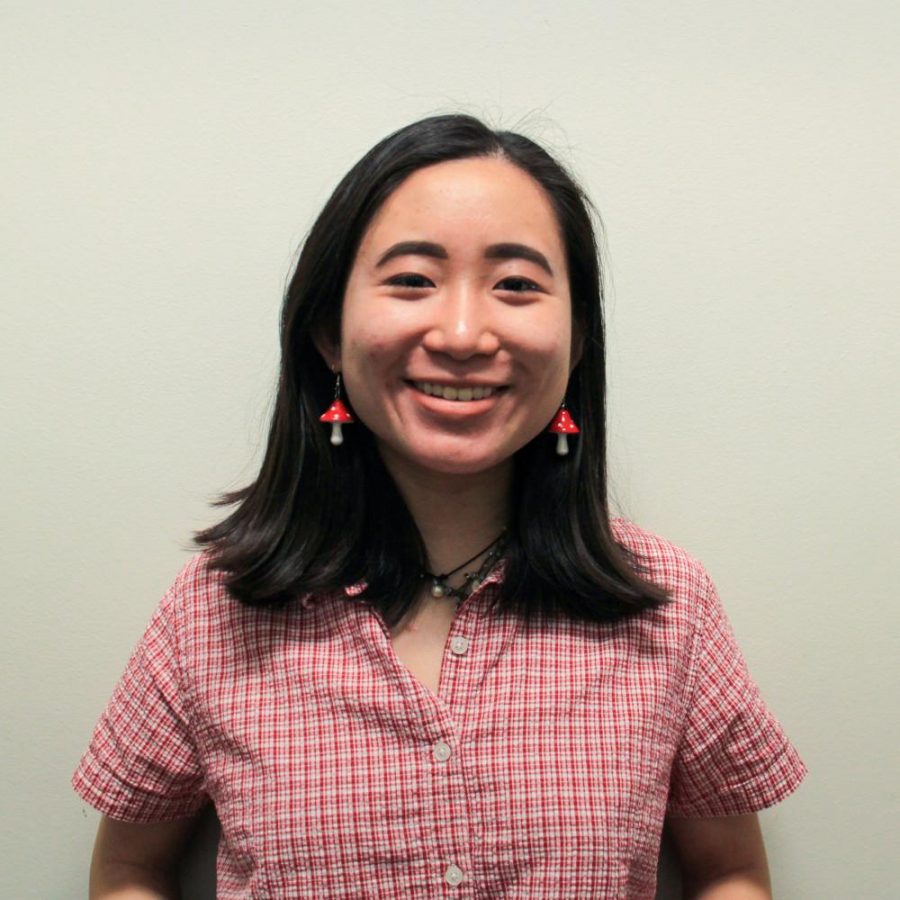The nation witnessed a collision between public health and political struggles last week, as thousands of people exploded into open protest on the streets of Michigan’s capital. The event, “Operation Gridlock,” unnecessarily threatened lives and flagrantly went against crucial recommendations of public health officials as groups congregated without masks on, passing out candy with bare hands to children and blocked streets with cars — including streets to hospitals that prevented ambulances from getting through. These protests, supposedly rebelling against Governor Whitmer’s extension of her original stay-at-home order, also featured protestors flying Confederate flags and open-carrying AR-15 and AK-47 variants. These protests have spread to take over the streets of other states like Texas, Indiana, Nevada, Maryland, Utah and Wisconsin, all of which were just last Saturday.
These protestors, all of whom supposedly care deeply about our country’s roots in freedom and civil liberties, seem to have a difficult time distinguishing between necessary public health measures during a literal pandemic and buzzwords like “communism” and “tyranny.” Amidst this uproar, some have shown genuine concern over the government’s encroachment on our civil liberties through measures to contain the virus. As one writer for the Hill wrote, “Americans seem to have been successfully conditioned to give up their civil liberties in times of crisis. … But these times of crisis are when we must be vigilant, guarding our rights and liberties, watchful of overreach.”
It’s true — in times of crisis, we often see anxiety lead to increases in security measures that force the citizenry to give up some of their freedom. We’ve already seen the government exploit coronavirus to partisanly legislate on issues unrelated to the preservation of public health that curb people’s right to vote and right to receive an abortion. We saw these security measures when President Lincoln suspended the writ of habeas corpus during the Civil War; when President Wilson suppressed freedom of speech during World War I; when President Bush legislated away the right to privacy through the Patriot Act after 9/11. All of these events, however criticized they are now, were accepted as necessary measures to protect the greater good against an enemy. However, there is a crucial difference between the curtailment of civil liberties and the stay-at-home orders today: those moments involved federal officials corroborating amongst themselves to reach unsure decisions that may help defeat a human enemy, while now state officials are desperately cooperating with public health experts to make decisions that would empirically and definitively decrease the number of coronavirus cases.
It’s important to note that the federal government is encouraging these protests against the states, a departure from the bipartisan message of the importance of unity made just last Thursday. The explanation for this sudden switch in tone is made immediately clear when considering the protestors, donned in “Make America Great Again” hats, were demonizing Democratic governors, and Trump saw a politically advantageous moment to exploit.
Despite the scientific proof, we’ve seen that some people are unwilling to bunker down in their homes for longer than four weeks to prevent thousands of deaths. These protestors are obsessed with their personal freedoms without any real understanding about how the scope of their rights respond to current events and the common good. Notably, this divide between blind fixation on freedom and the actual reality and gravity of the current health crisis was captured in Denver as an unidentified blonde woman yelled “this is a free country. Land of the free. Go to China if you want communism. Go to China,” to a healthcare professional, donned in scrubs and an N95 mask, blocking her vehicle. It’s crucial to note that legal experts have already stated that the broad shelter-in-place requirements are reasonable and lawful. Since the early 1800s, federal and state courts have granted governments the power to impose quarantines for public health. These facts have clearly not resonated with these protestors, who continue to insist their personal freedoms exist in a vacuum.
These are difficult times for everybody. It’s understandable to feel frustrated about the current state of things. It’s reasonable to feel suffocated by the sudden lack of capacity to visit friends and family or go to work. But the virus does not stop no matter how angry you feel. Civil liberties have always been contingent on the safety of the community, and a failure to recognize this denies both the reality of the situation and how civil liberties actually function.
Opinions expressed on the editorial pages are not necessarily those of WSN, and our publication of opinions is not an endorsement of them.
Email Emily Dai at [email protected].


























































































































































